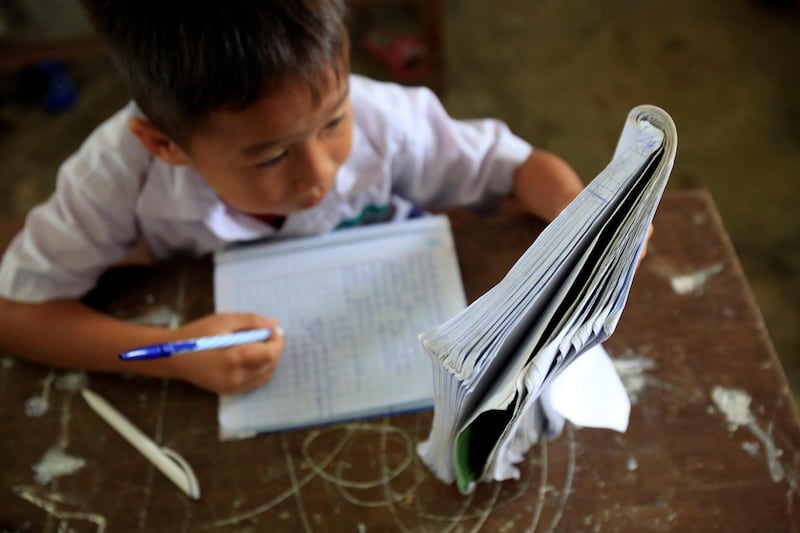For decades, textbooks were seen as the underpinning foundation for learning in schools across the world. They were a fundamental part of the educational infrastructure, assigned to students for each subject and carried in heavy backpacks every day – from home to school and back again.
In today's world, student life has been revolutionised on every level. Their learning experiences are almost incomparable to the days without technology and infinite knowledge made accessible through technological advancements. With constantly evolving technological tools and an increase in digital curriculum materials, we are seeing a move away from textbooks.
There are a wealth of multimedia resources at the tips of our fingers, offering incredible up-to-the-minute solutions for teachers to bring their subjects to life. With companies like Apple sparking an electronic revolution with tablet-based interactive textbooks and Google’s online tools, such as their web-based productivity apps, there is a clear shift towards digital learning.
When we open our doors next month, Dunecrest American School will be close to 100 per cent free from textbooks, opting to use more contemporary, cutting-edge, online resources to enhance student learning. This approach encourages students to interact closely with their subjects, creating a deeper engagement and understanding through critical analysis and research.
Students extend their new learning and knowledge with enjoyable projects using a variety of applications, ranging from experiments and conventional presentations to class plays, living museums and even music videos, experiencing and demonstrating a strong knowledge base, technological fluency, writing skills and analytical skills along the way.
Our teachers use the latest tools to create lesson plans and our students have access to a wide range of online materials that are included in the curriculum, which is documented and based on defined attainment standards prescribed by the US State Department’s overseas education office.
Where we can't do without textbooks altogether – in mathematics, for instance, where we still focus instruction around a core text – we are very close to being able to work without them. Our curriculum includes resources and links with educational content from a range of digital programmes covering topics from science to coding, which, together with student apps, present a powerful set of advanced learning tools for our learners.
With a curriculum designed around project-based learning, Dunecrest’s curriculum incorporates student challenges that encourage learners to solve problems, ask questions, use research and critical thinking to find the answers themselves. These projects are also transdisciplinary, connecting multiple learning topics within the curriculum, allowing students to see the real world application of subjects such as mathematics, science, geography as well as teaching research and honing students’ writing skills.
Multimedia project presentations also teach children a range of skills from art and design to coding and media. From Minecraft to rooftop gardening, this is a very modern approach to pedagogy, which allows students to easily access the very latest resources and knowledge and connect topics with real world learning in a way that textbooks simply cannot achieve.
Moving beyond the textbook means adopting a new way of thinking about learning materials, where they integrate the best of openly licenced text, images, multimedia and interactive elements that enable practice and immediate feedback. It also means thinking beyond content as a way to deliver information, but also as an educational tool that can promote new forms of pedagogy that involve students as participants.
The shift from print to digital has given students and teachers access to content that exceeds the quantity and quality of a traditional textbook. These advances create more engaging and exciting ways for both students and teachers to learn.
Bill Delbrugge is headmaster of Dunecrest American School in Dubai





